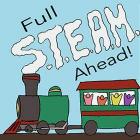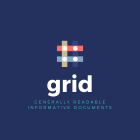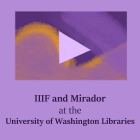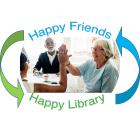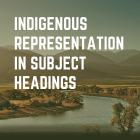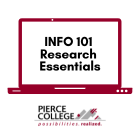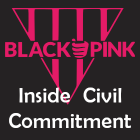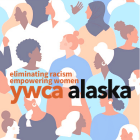
Framework for a YWCA Alaska Archives
YWCA Alaska wants to preserve and share its rich history with the communities it serves by starting and maintaining an archive. To help the organization plan and prepare to engage volunteers and paid interns in beginning the archives, we have created a framework with archival practices and links to additional resources, and recommended first and future actions. Researching and developing the framework has resulted in a guide YWCA Alaska and other nonprofit organizations can use to start an archive and help the Y's new CEO strengthen her relationships with some of the organization's longest-term supporters.

